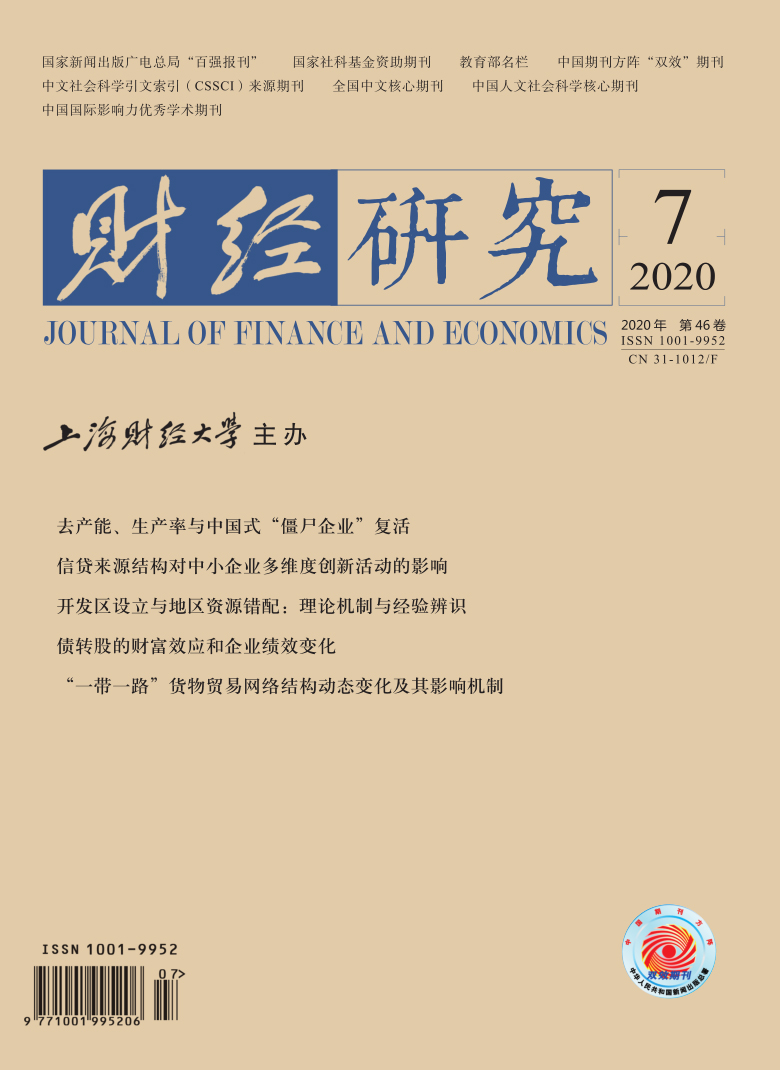The original intention of the trading halt system is to provide investors with sufficient time to reassess asset prices when important information appears, thus reducing information asymmetry. However, trading halts of Chinese listed companies have accelerated in recent years. Particularly, with the popularity of stock pledge among block shareholders, the abuse of trading halt system has become even worse. In this paper, we explore and examine how the stock pledge of block shareholders would influence the stock trading halt decisions of their firms.
Using the wave event of stock trading halts from June 29, 2015 to July 9, 2015 as the research setting, we find that: (1) During the event period, firms with block shareholders pledging stocks have a higher probability of stock trading halt, and halt for a longer time. (2) Compared with firms with only the second largest block shareholders pledging stocks, firms with only the largest block shareholder pledging stocks have a higher probability of stock trading halt, and halt for a longer time. (3) Compared with state-owned listed firms, private listed firms have a higher probability of stock trading halt, and halt for a longer time. (4) For the subsample of firms whose block shareholders have pledged stocks, the higher proportion the block shareholders pledge, the longer trading halt time of their firms. (5) The prices of halting stocks increase after resumption, but there is no significant difference in such market reaction between firms whose block shareholders have pledged stocks and firms whose block shareholders have not. The above results suggest that, in order to prevent the stock price from declining to the open line, block shareholders who have pledged stocks have strong motivation to manipulate stock trading halt, which causes a serious loss of market liquidity and efficiency.
Our research has the following contributions and implications: First, from the perspective of major shareholders’ stock pledge, it provides strong evidence that in order to avoid the risk of controlling equity transfer caused by the stock price falling below the closing line, block shareholders tend to manipulate the stock trading halt to temporarily stabilize the stock price. Second, most of the existing literature studies the economic consequences of stock pledge of block shareholders from the perspective of the company, while this paper enriches the literature by taking a market perspective. Third, our findings have implications for regulatory agencies and investors as well. Regulatory agencies should improve the rules and regulations as soon as possible to effectively regulate the stock pledge of block shareholders and firm trading halt behavior, and investors should be alert to the investment risk of firms with stock pledge, especially those with high ratio of pledged stocks.






 6790
6790  10892
10892

